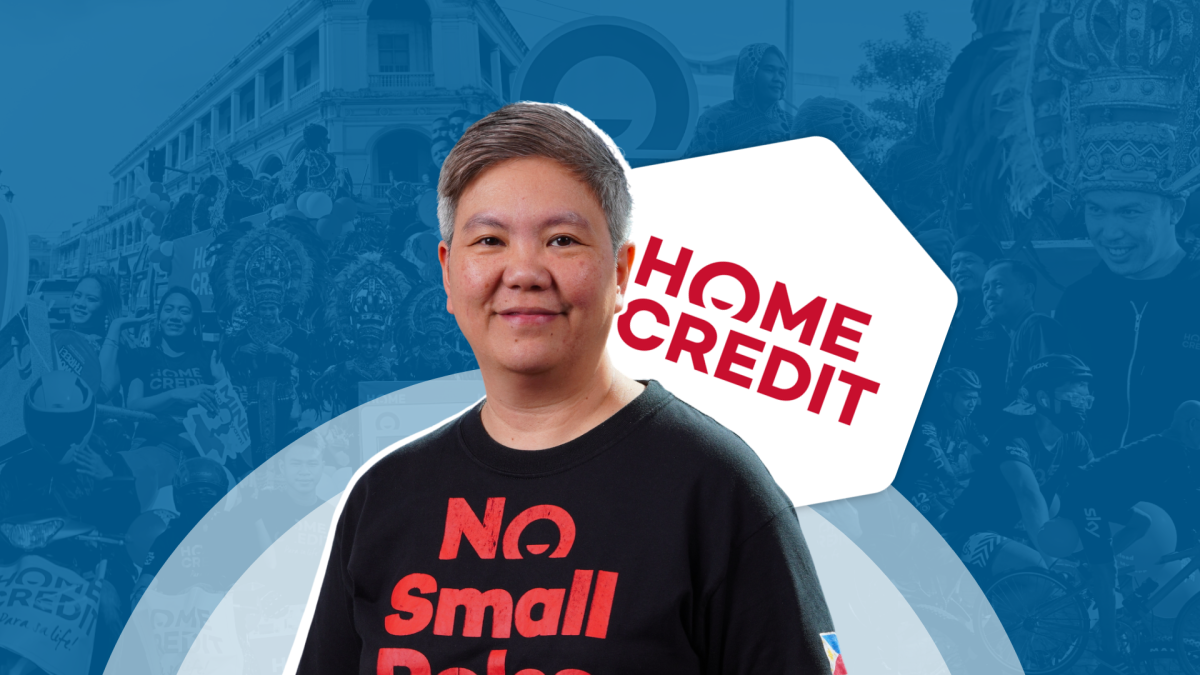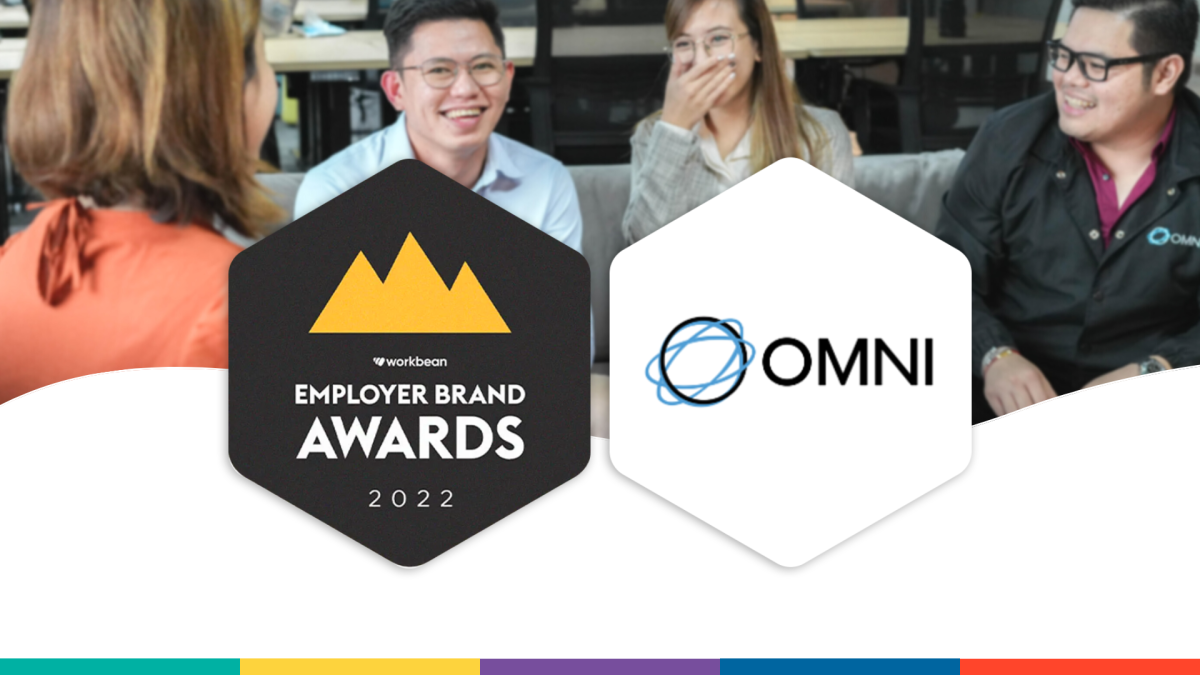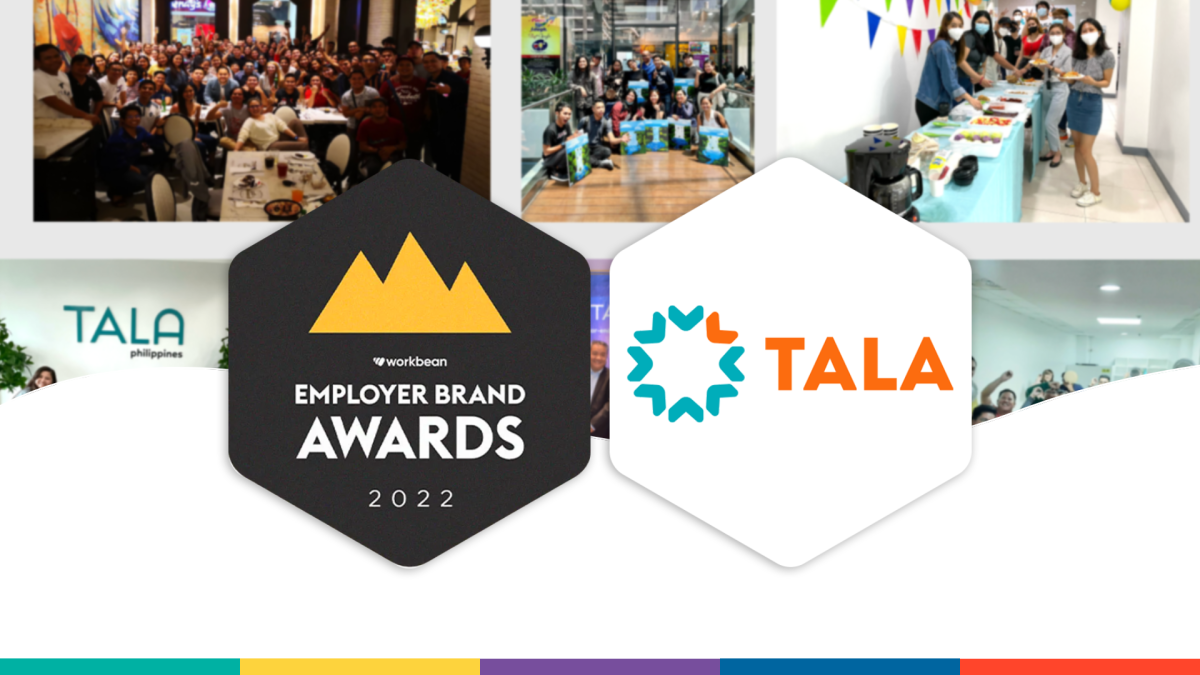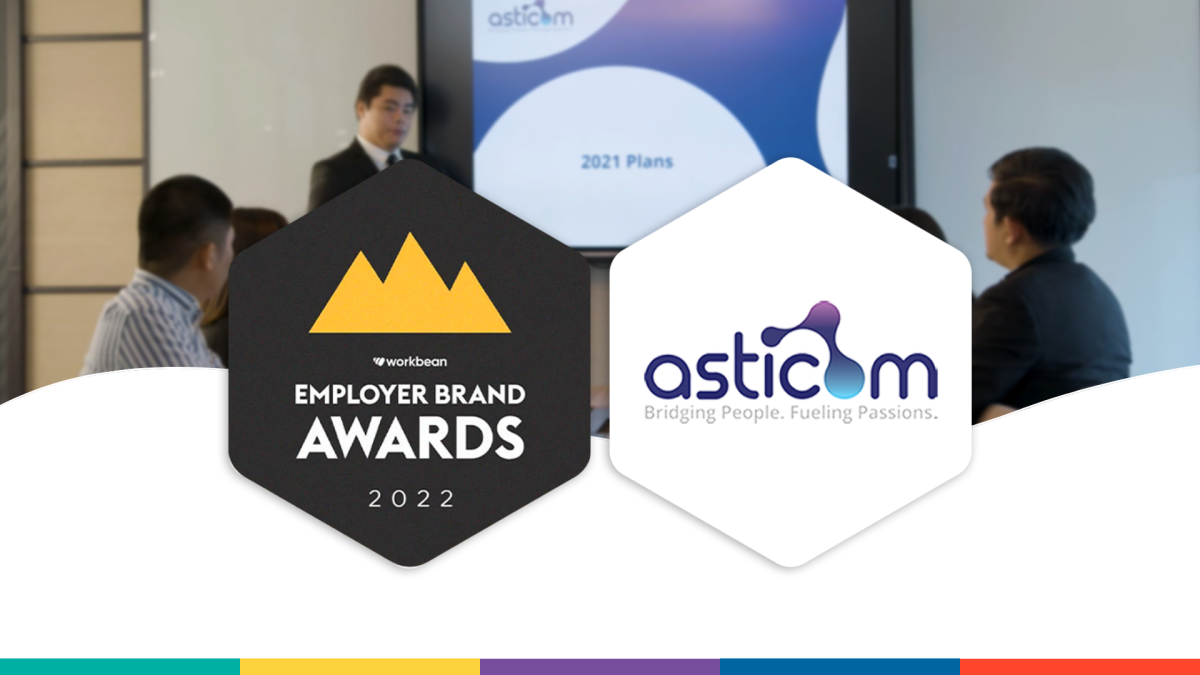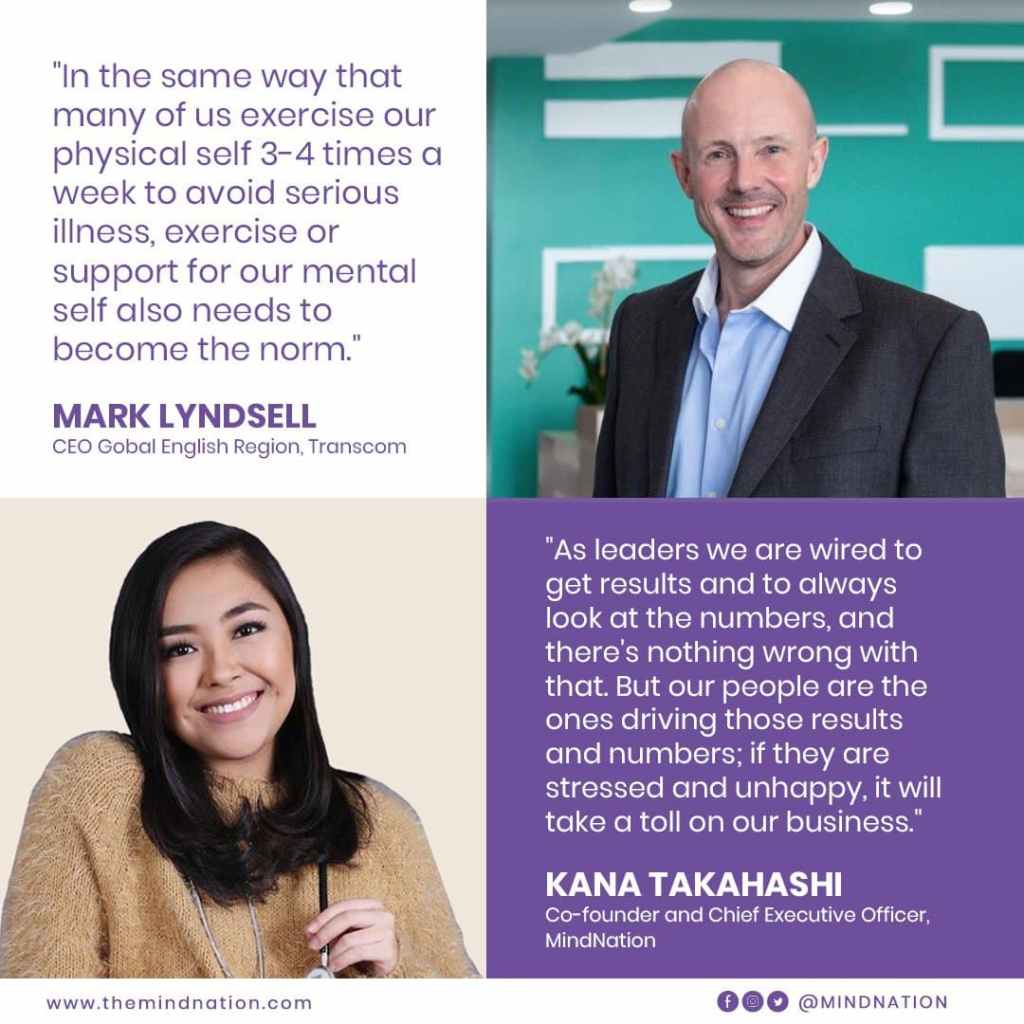It’s Christmas! And amidst the festive decorations and twinkling lights, there’s an opportunity for something truly special—self-reflection. Engaging in reflective practices not only deepens your connection to the magic of Christmas but also offers a myriad of benefits for your well-being. Here are some Christmas Day journaling prompts that can help you discover how you really feel about the holiday season.
Prompt 1: What’s the best Christmas gift you ever received?
Unwrapping memories of cherished gifts can transport you back to moments of pure joy. Whether it’s a childhood present or a recent surprise, reflecting on these gifts helps you reconnect with the magic of Christmas and appreciate the love that surrounds you.
Prompt 2: Who is involved in your favorite Christmas memories? Are you still connected with them?
Christmas is a time for togetherness, and this prompt encourages you to reflect on the people who have played a significant role in your holiday memories. Reconnecting with loved ones, even if it’s just in your thoughts, can bring warmth and a sense of belonging.
Prompt 3: What emotions does Christmas Day bring up for you?
The holiday season can evoke a range of emotions, from excitement to nostalgia. Reflecting on your feelings allows you to navigate the complex landscape of emotions, promoting emotional intelligence and self-awareness.
Engaging in reflective practices not only deepens your connection to the magic of Christmas but also offers a myriad of benefits for your well-being.
Prompt 4: What parts of the holidays do you enjoy? What do you not enjoy? Why?
Examining your favorite holiday traditions and acknowledging the aspects you may not enjoy allows you to tailor your celebrations to align with what brings you genuine happiness, fostering a more meaningful and joyful experience.
Prompt 5: Describe what Christmas means to you.
Articulating the personal significance of Christmas helps you define its meaning in your life. Whether it’s about love, gratitude, or spiritual connection, understanding your unique perspective enhances your appreciation for the season.
This Christmas, gift yourself the time for self-reflection. As you explore the prompts, remember that MindNation mental health experts are here to support whatever you may be feeling. If you ever feel the need to share your thoughts or emotions, book a session with our psychologists and WellBeing Coaches through the MindNation app (mindnation.com/app).


